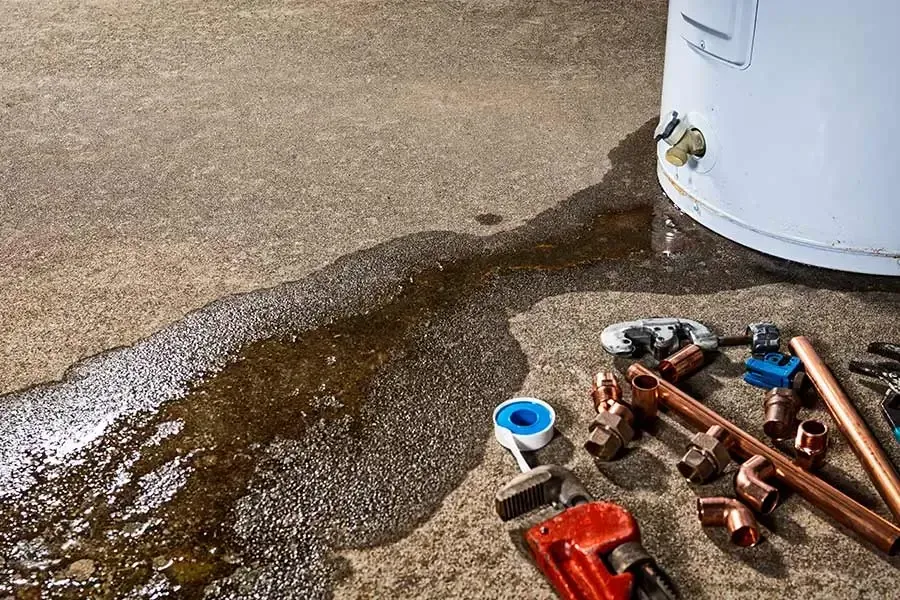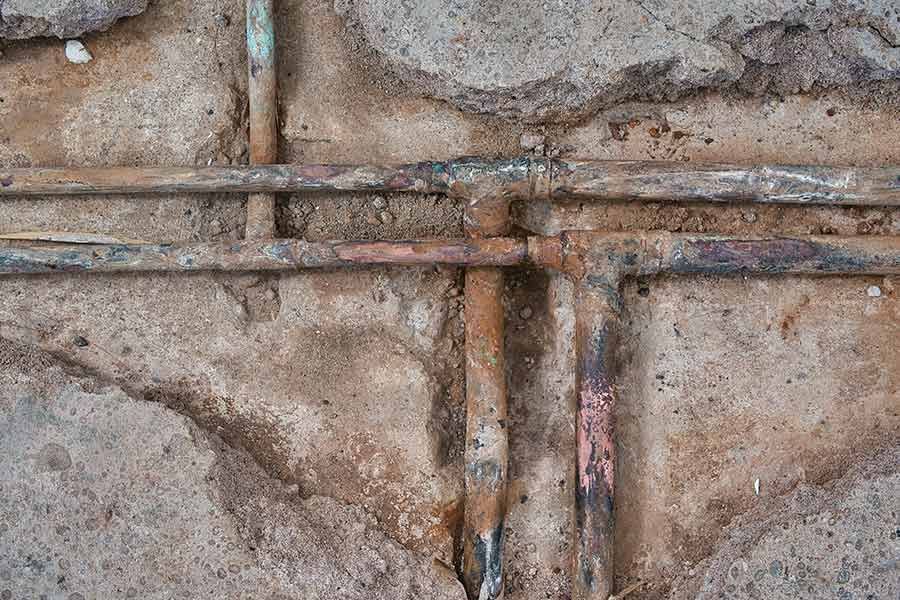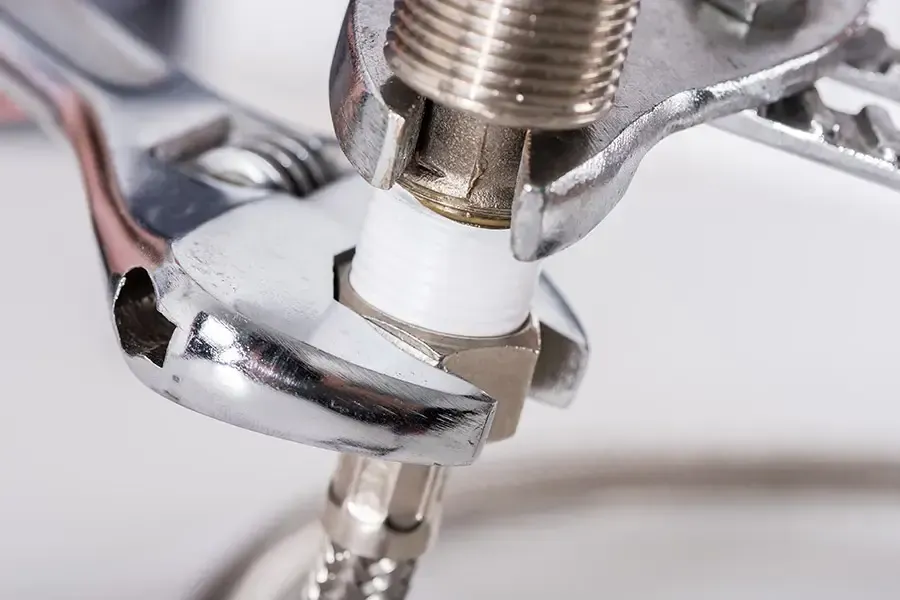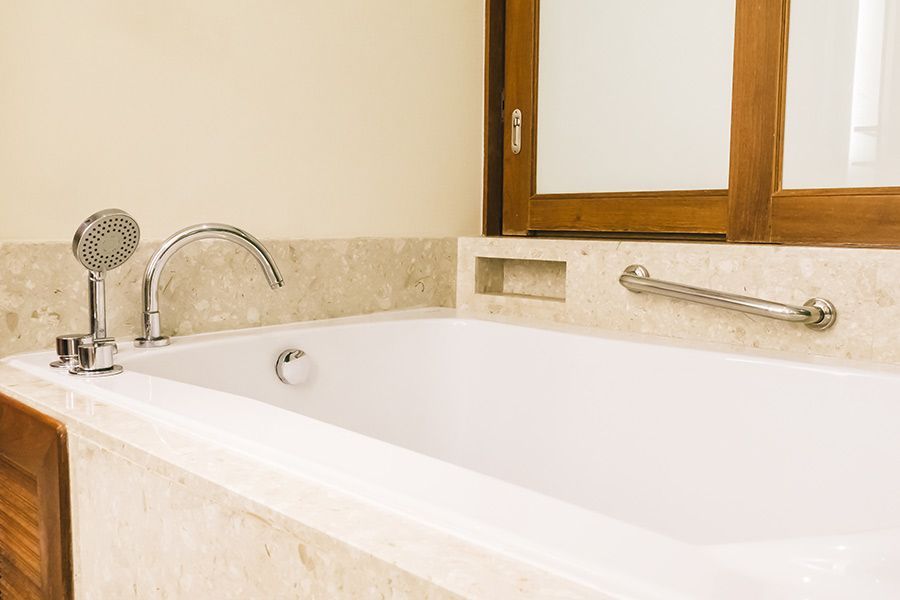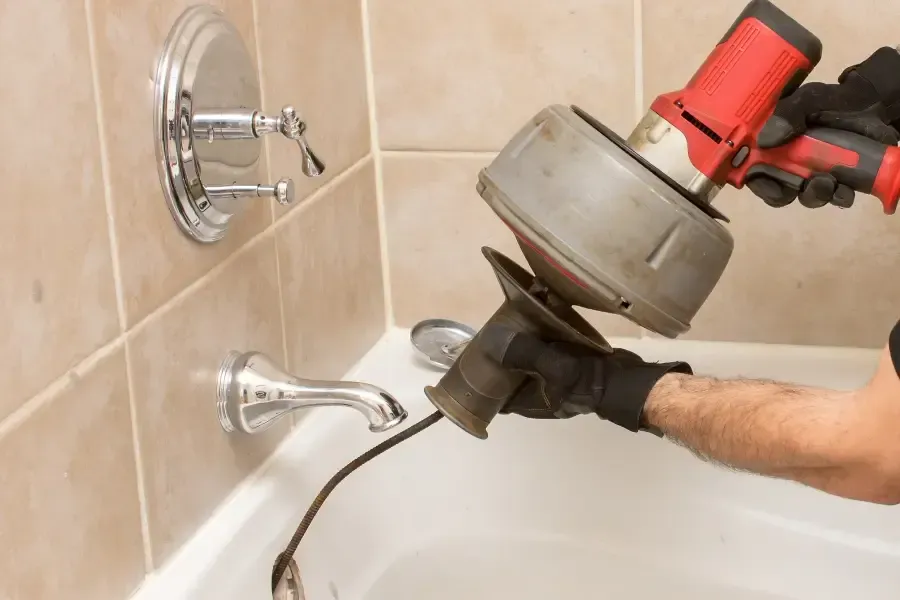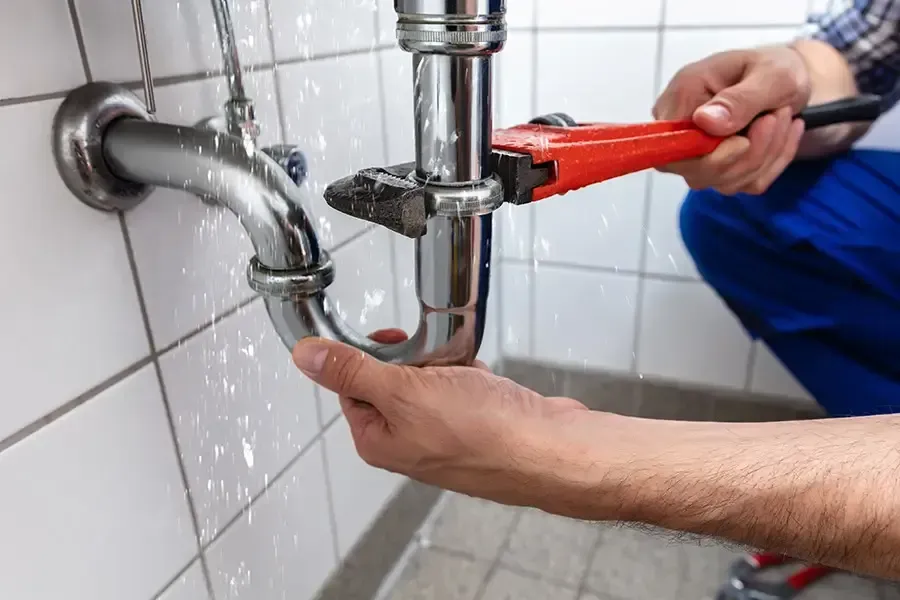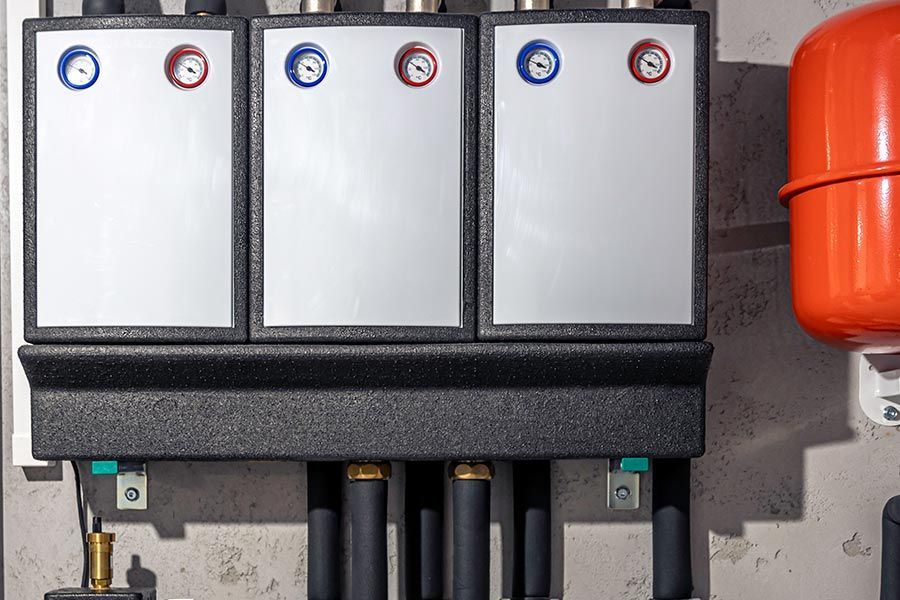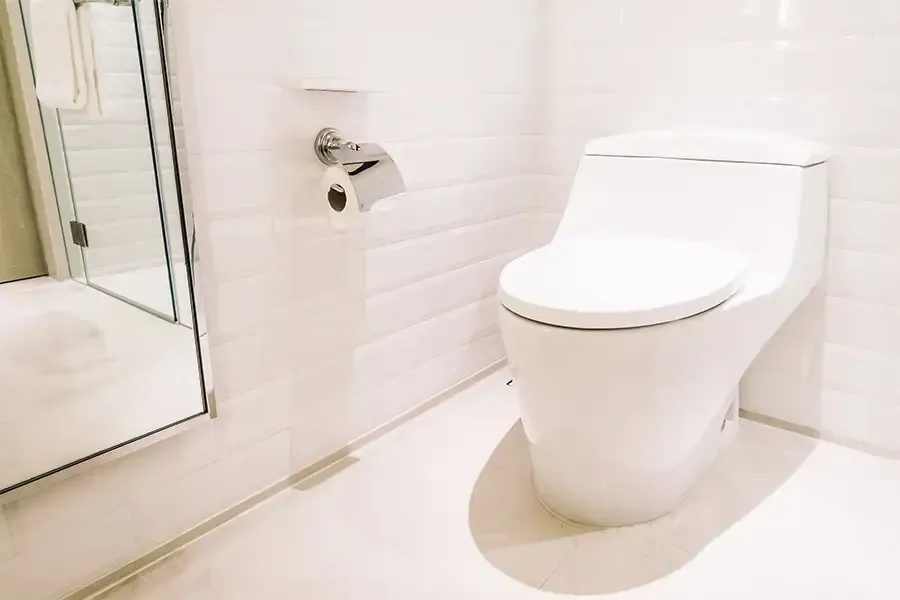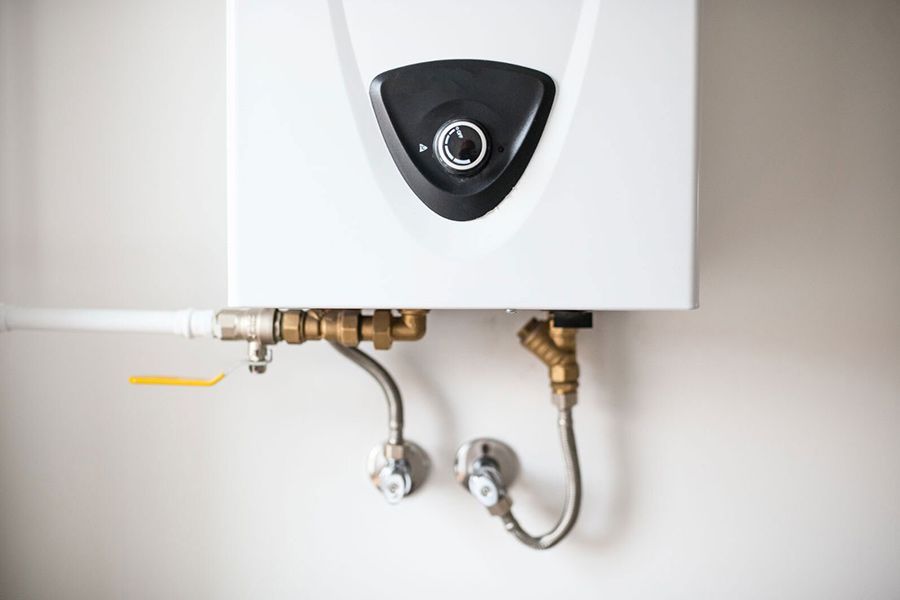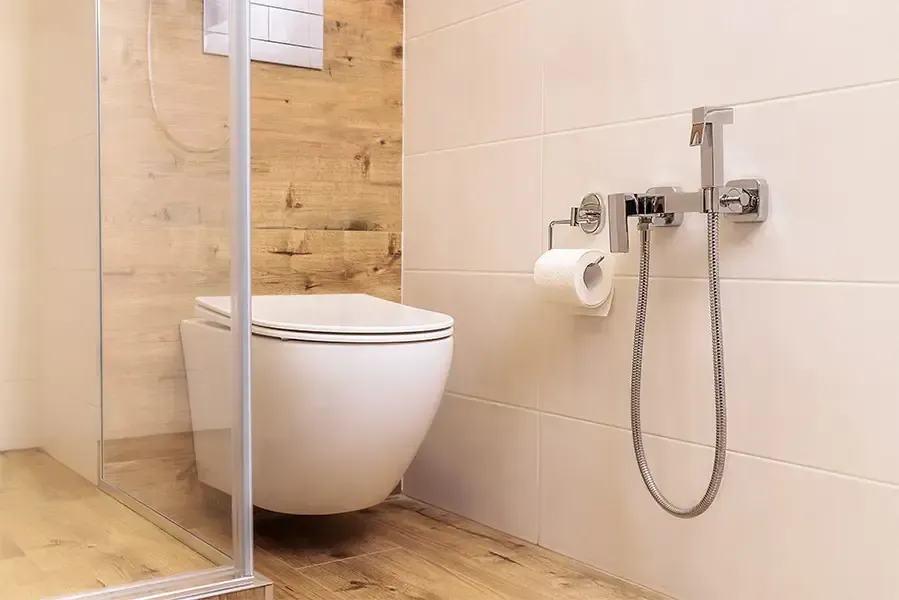Will a New Hot Water Heater Increase Water Pressure?
Do you have low water pressure? To reclaim comfortable showers, call Formica Plumbing and Sewer Co at 440-557-4743.
Low water pressure is an annoying problem that can prevent you from enjoying showers or cleaning dishes. One solution some people may try is installing a new water heater — but will a new hot water heater increase water pressure? Keep reading to discover the answer.
Formica Plumbing and Sewer Co are Painesville's expert plumbers. From water heater repair to clearing clogged drains, they keep your plumbing system in working order.
A New Water Heater and Water Pressure
Installing a new water heater can increase your water pressure unless something else in your plumbing is causing the problem. Dynamic pressure is how plumbers measure the strength of moving water, rather than the static pressure of standing water. If your water heater is aging or has sediment build-up, it can cause lower dynamic pressure.
Installing a new water heater can increase your overall pressure, but if it doesn't, consider addressing the following issues.
Adjust Your Tankless Heater
Tankless water heaters are a popular installation option because they operate more efficiently and never run out of hot water, provided you purchase the right size for your home. However, one downside of a tankless water heater is that it can cause lower water pressure. Don't worry; with a few adjustments, you can address the issue.
Adjust the Pressure
The pressure regulator controls the amount of water coming from the appliance. You can find it on the top or side of your tankless water heater. Verify the settings aren't too low, and turn it up if needed.
Clear the Sediment
If your home has hard water, sediment can build up around the tankless water heater's inlet screen and restrict the water's flow. You can remove the screen and soak it in light cleaning materials to restore its full capacity.
Traditional tank water heaters also suffer from sediment build-up. In this case, you clear the sediment by emptying the water into a bucket or down a drain until it runs clear. Clearing the sediment often restores your water pressure to its maximum potential.
Install a Pressure Tank
Will a new hot water heater increase water pressure? If you chose a tankless water heater, you might also need a pressure tank.
A tankless water heater doesn't risk running out of water in your home if you choose the appropriate capacity for your family. However, if you have multiple bathrooms or high-volume appliances like a dishwasher, a pressure tank can help you maintain the water pressure you need.
Check the Fixtures
Soap scum and minerals from hard water can build up on your faucets and shower head, reducing the flow rate of your water due to blockage. Cleaning the sediment buildup can restore the full pressure to your sink or shower.
Decreased water pressure often results from partially closed faucets. Confirm the valves below each of your faucets are fully open, as the restricted flow resulting from a partially closed valve hurts water pressure. With partially closed faucets, installing a new water heater won't restore your dynamic pressure.
Open the Supply Valve
The water supply valve regulates the water coming into your home, and when a pipe bursts, you find a leak, or plumbers work on your pipes, you should shut off the valve to prevent flooding. If you've had work done on your plumbing, it's possible the technician didn't fully re-open the valve.
If you don't know how to locate the pressure valve, look near where the main water line enters your house. Confirm the valve is fully open. Check the valve every few months to confirm it's not too tight and easy to turn in an emergency.
Replace Pipes
Problems with your pipes are a common cause of low water pressure, and installing a new water heater won't fix the issue. Your pipes can cause problems in several ways.
Clogs
A partially clogged pipe can reduce the flow of your water, thus reducing water pressure. You can determine the general location of the clog by examining where you're suffering a reduction in pressure.
If it's in a single sink or shower, the clog is in a pipe closer to the problem. If every room of the house has low water pressure, the plumber will look for the clog closer to the main water supply. Only a plumber can adequately and safely find and fix a clogged pipe.
Corrosion
Pipes made from galvanized steel are vulnerable to corrosion from hot water. If your home's cold water has adequate pressure, but the hot water doesn't, corroded pipes are likely the problem.
Unfortunately, the best solution for corroded pipes is replacing them. The good news is new pipes reduce your water bills and prevent you from spending more money on repairs.
Capacity
Sometimes a home's pipes are too narrow to handle a high volume of water. If you've increased your water usage, your pipes might be too restricted to provide adequate water pressure. A plumber can help determine your best solution for increasing your pipes' capacity.
Schedule an Appointment
If you've confirmed these issues aren't the problem, schedule an appointment with Formica Plumbing and Sewer Co. We can find the problem and help you determine the best solution, which may be as simple as installing a new water heater.
Regardless of whether your water heater is new or old, schedule regular maintenance to keep it in full working order, free of repairs, and provide the maximum amount of water pressure. An expert plumber can perform any of the above services, including attuning the pressure regulator and clearing the water heater of sediment.
Call Formica Plumbing and Sewer Co for All Your Water Heater Needs
Are you wondering, "Will a new hot water heater increase water pressure?" It can, though only if there aren't other problems.
Whether your water heater is making noise, or your water is running cold, Plumbing and Sewer Co can help you stay comfortable.
When you want the best plumbing services in northeast Ohio, contact Formica Plumbing and Sewer Co. Call 440-557-4743 to book an appointment today.

